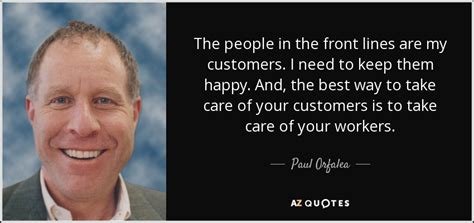A Quote by Gunter Blobel
I'm always telling my students that if they can't explain what they are doing, to their grandmothers, then they probably don't understand it themselves.
Quote Topics
Related Quotes
What is wrong with encouraging students to put "how well they're doing" ahead of "what they're doing." An impressive and growing body of research suggests that this emphasis (1) undermines students' interest in learning, (2) makes failure seem overwhelming, (3) leads students to avoid challenging themselves, (4) reduces the quality of learning, and (5) invites students to think about how smart they are instead of how hard they tried.
I would like, in my life, to always be doing things I'm proud of. I know that probably won't happen all the time. But I'd prefer to be telling stories I can be proud of and understand why they're being told. I do watch a lot of films and TV, but sometimes I think: "Why the hell did you make that then?" I won't say what they are though.
In some suburban schools, the curriculum is chock-full of rigorous A.P. courses and the parking lot glitters with pricey SUVs, but one doesn't have to look hard to find students who are starving themselves, cutting themselves, or medicating themselves, as well students who are taking out their frustrations on those who sit lower on the social food chain.
If you want to be a great leader, you have to put the interest of the country above your own. I would like to think that true leadership is not just telling people what they want to hear but helping them understand things, so you can explain to them what you think is best, and then they can judge you on that.
What I am going to tell you about is what we teach our physics students in the third or fourth year of graduate school... It is my task to convince you not to turn away because you don't understand it. You see my physics students don't understand it... That is because I don't understand it. Nobody does.




































